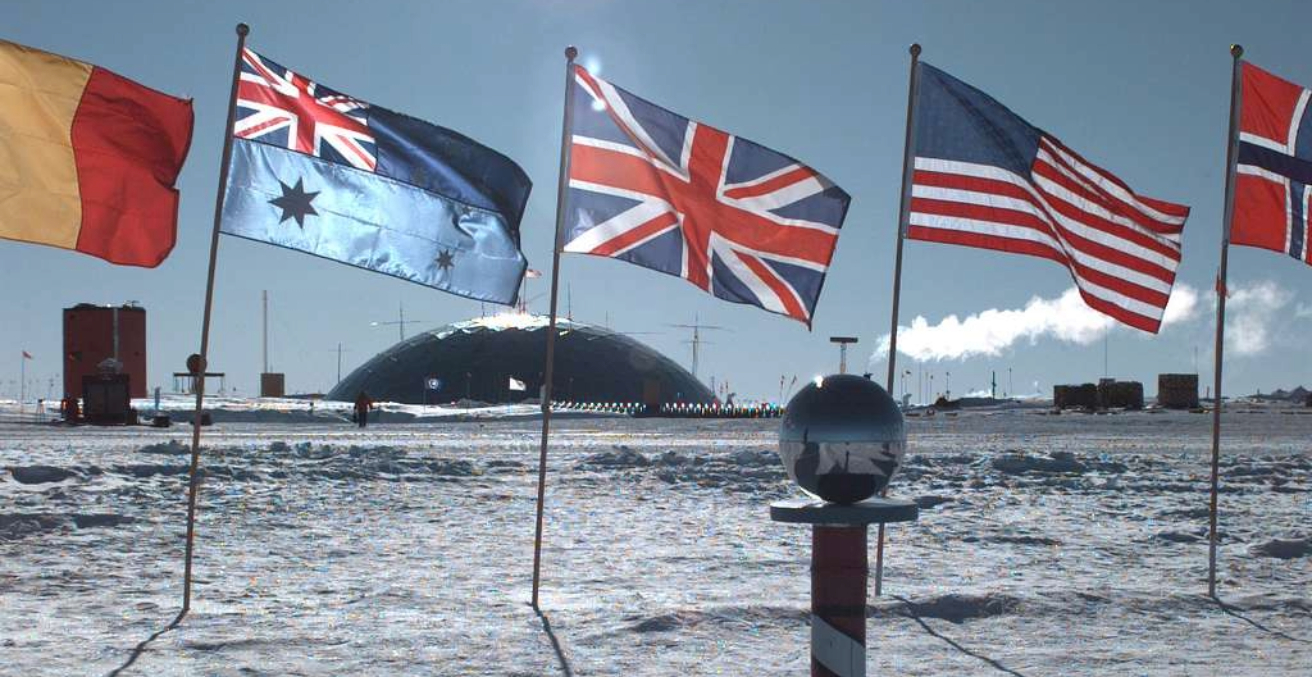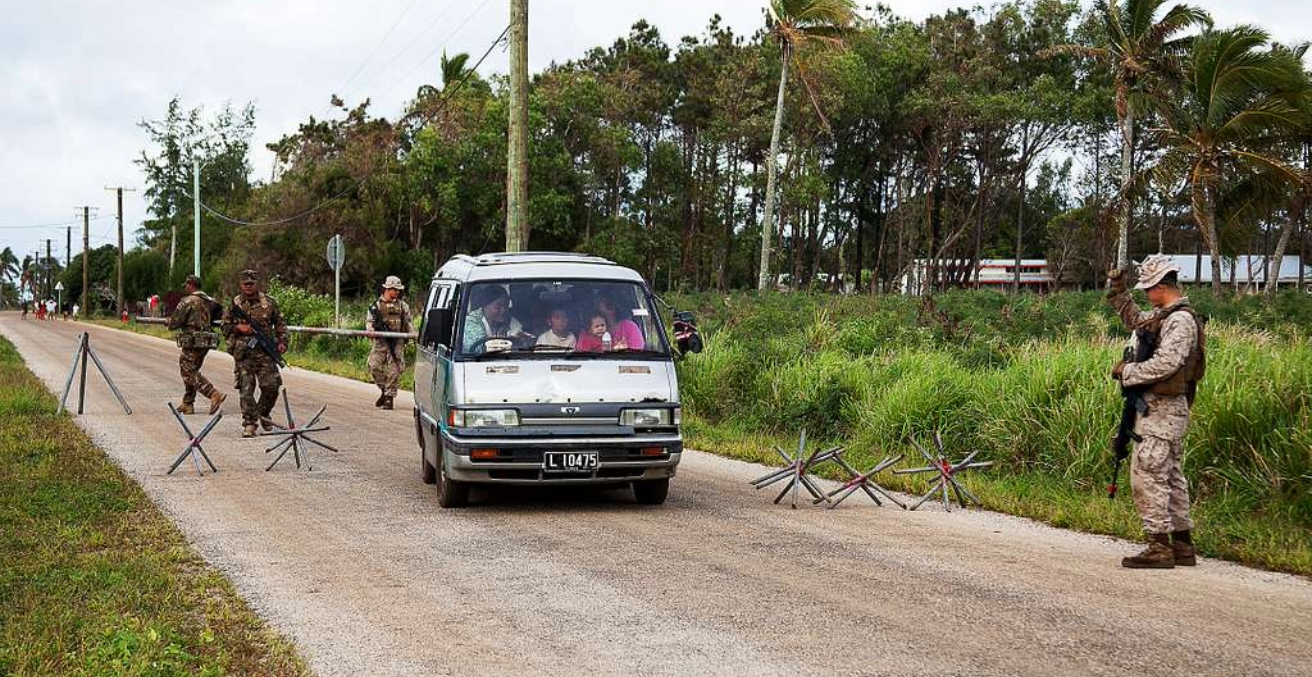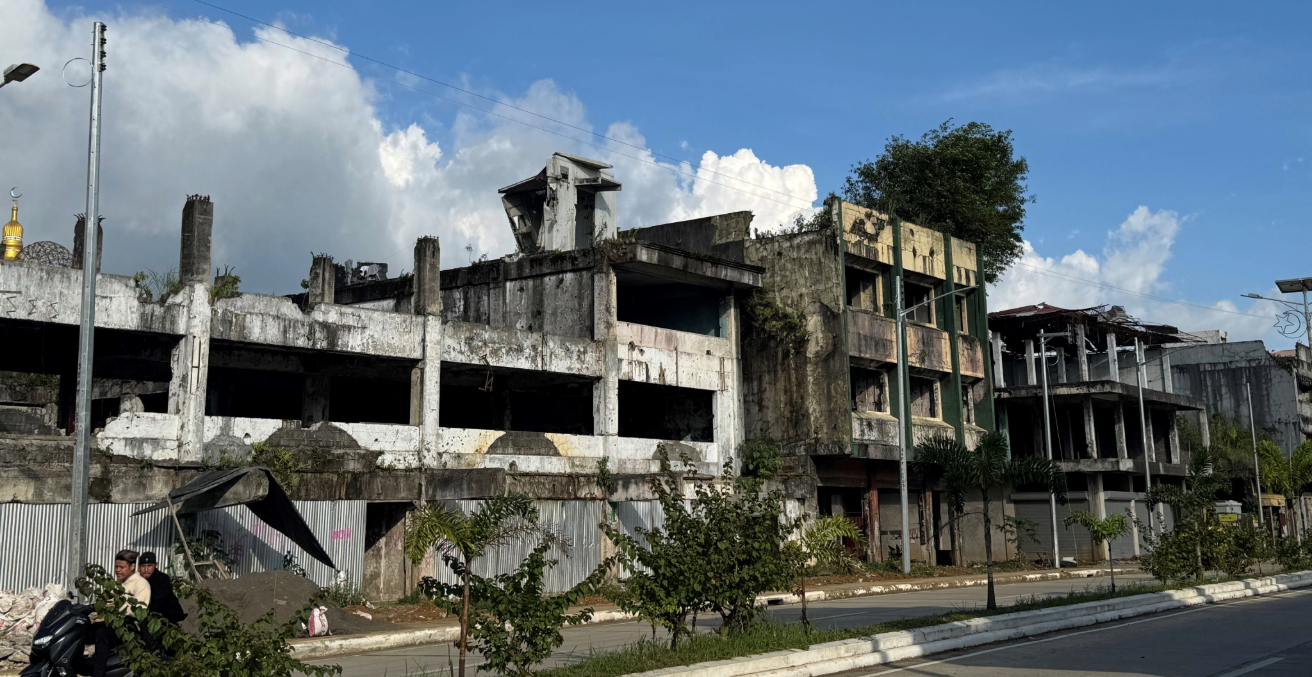Uncertainty surrounds Prabowo Subianto’s foreign policy direction amid Indonesia’s democratic decline, noting his history of shifting stances from ultra-nationalism to projecting a good neighbour image. This highlights the potential implications for Indonesia’s relations with Australia, requiring cautious observation as Prabowo navigates his new role as president.
On 20 March 2024, the Indonesian Commission of Election officially declared the Prabowo-Gibran ticket as the president and vice president of Indonesia for the term 2024 to 2029. This outcome prompts a crucial question: What will be the trajectory of Indonesia-Australia relations moving forward?
Prabowo aims for Indonesia to be a “good neighbour” and maintain stable relationships with Southeast Asian nations. He is inclined to continue his predecessor Joko “Jokowi” Widodo’s approach of avoiding alignment in global superpower rivalry, and emphasising respect for the United States, China, India, Russia, and African countries with shared colonial history.
Prabowo’s “good neighbour” foreign policy platform remains unconvincing, particularly considering his past reputation for espousing ultra-nationalist, strongly chauvinistic, and Islamist populist ideals, as seen during his unsuccessful bids in the 2009, 2014, and 2019 elections.
Troubled elections amid democratic decline
Despite the certified results, many argue that Indonesia’s 2024 election stands out as the worst in the nation’s history. This sentiment arises from Jokowi’s perceived failure to maintain neutrality and demonstrate statesmanship.
The then-President’s apparent partisanship became evident through his exertion of influence and power to facilitate the advancement of his son, Gibran Rakabuming Raka, who served as the Mayor of Surakarta. Furthermore, Jokowi’s brother-in-law, the Chief of the Constitutional Court, ruled to allow Gibran to become the vice-presidential candidate, running alongside Prabowo Subianto.
During the campaign, Jokowi implemented a large-scale social assistance package, surpassing even the government’s expenditure on aid during the Covid-19 pandemic. This unplanned social assistance initiative raised concerns, with some alleging that Jokowi employed a form of “pork barrel politics” to garner support for his son’s candidacy.
Furthermore, Jokowi leveraged his position to lobby village leaders, who wield significant influence over rural populations. Towards the end of the campaign, legislation governing village administration was amended, extending the term of village heads to eight years. This move not only garnered favour among village leaders but also provided Jokowi with leverage to channel their support for Gibran.
It is ironic to observe how, at the outset of his administration, Jokowi exhibited no inclination to endorse his family’s involvement in politics. Yet, recent developments suggest a shift in his stance. His son-in-law, Bobby Nasution, now serves as Mayor of Medan, while his second son, Kaesang Pangarep, assumed leadership of the Party of Indonesian Solidarity (PSI) just two days after joining.
While political dynasties are not unique, as many politicians groom their families for politics through public offices or party leadership positions, Jokowi’s case stands out. His actions have been perceived as establishing one of the most pronounced political dynasties in Indonesia’s history, surpassing even the era of Soeharto.
Over the past five years, Indonesia has witnessed a diminishing opposition, starting with Prabowo’s inclusion in Jokowi’s cabinet as defence minister. The erosion of a formal opposition has bolstered Jokowi’s authority.
Unlike Australia, where opposition is distinctly attributed to the party that loses the election, Indonesia’s constitutional framework offers a flexible legal framework for political parties to determine their stance. While this flexibility may facilitate power consolidation, it also poses a threat to democracy. What is particularly intriguing about Indonesia is the flexibility of its coalition formations. Politicians often advocate for coalitions under the guise of “national unity,” with an underlying assumption that a government operating with opposition support will result in political instability. However, it is essential to highlight that Indonesia’s current democratic landscape often finds itself caught up in political populism, characterised by the dominance of the executive branch.
Future relations with Australia
No one can guarantee that Prabowo will fulfil his promises to maintain Indonesia as a good neighbour, especially considering his past tendencies towards patriotism, ultra-nationalism, and limited interest in international relations.
Despite Prabowo running for the presidency with Jokowi’s son as his vice president, and despite having been Jokowi’s defence minister, the coalition appears fragile. Many speculate that Prabowo has no intention of being controlled by Jokowi, hence he is distancing himself from Jokowi’s influence. This is evident in his frequent public statements made without Gibran.
Moreover, Prabowo’s hesitation to acknowledge Jokowi’s congratulations, despite receiving well-wishes from other global leaders such as US president Joe Biden, Prime Minister Anthony Albanese, and French President Emmanuel Macron, further underscores the strain in their relationship.
In light of this situation, two scenarios may unfold. If Prabowo shifts his stance and abandons the commitment to fostering good neighbourly relations, a reframing of Indonesia’s foreign policy is likely.
Politically, he may aspire for Indonesia to assert itself as a regional leader, potentially challenging existing global superpowers. This scenario could pose challenges, particularly considering Australia’s close ties with the US.
Economically, there is a possibility that Prabowo will scrutinise each bilateral and multilateral agreement, reassessing and renegotiating them to prioritise Indonesia’s interests. Additionally, Indonesia’s economic relations with China may undergo a re-evaluation, with the potential for a scaling back of the partnership. Moreover, Prabowo is likely to uphold existing policy approaches and prioritise “downstreaming” policies. This approach is anticipated to yield benefits for Australia.
However, if Prabowo stays true to his promises, there is a high degree of likelihood that the relationship between Indonesia and Australia will maintain its current trajectory, continuing some of diplomatic approaches established by Jokowi.
Politically, Prabowo is expected to adopt a pragmatic stance, employing both regional and bilateral strategies in his foreign policy, while displaying less enthusiasm for active engagement in multilateral forums such as the United Nations. This can be seen from Prabowo’s recent courtesy visits as president-elect to Chinese President Xi Jinping, Japanese Prime Minister Fumio Kishida, and Malaysian Prime Minister Anwar Ibrahim. While some argue that Prabowo’s meeting with Xi Jinping is a gesture to the United States, ensuring that U.S.-Indonesia relations are not taken for granted, it is also important to note that these visits reflect Prabowo’s commitment to fostering a good neighbour image.
More importantly, the visits can also be perceived as an indication of Prabowo’s awareness of the importance of collective security and stability. This includes maintaining a state of systemic balancing, and implementing an international rules-based order in the region. If this perspective of Prabowo prevails, Australia may share the same worldview, as Foreign Minister Senator Penny Wong’s emphasis on strategic equilibrium aligns with this matter. Thus, Indonesia might continue to collaborate with Australia to sustain regional security in Southeast Asia and the wider Indo-Pacific region.
How Prabowo will shape his foreign policy following his victory remains unpredictable. Given his record of shifting from an ultra-nationalist stances to projecting a “good neighbour” image, there remains the possibility that he may return to his previous approach.
Hangga Fathana is an Assistant Professor at the Department of International Relations and also serves as the University Secretary of Universitas Islam Indonesia. His research focuses on significant issues associated with the global political economy, trade politics, and capitalism.
This article is published under a Creative Commons Licence and may be republished with attribution.




